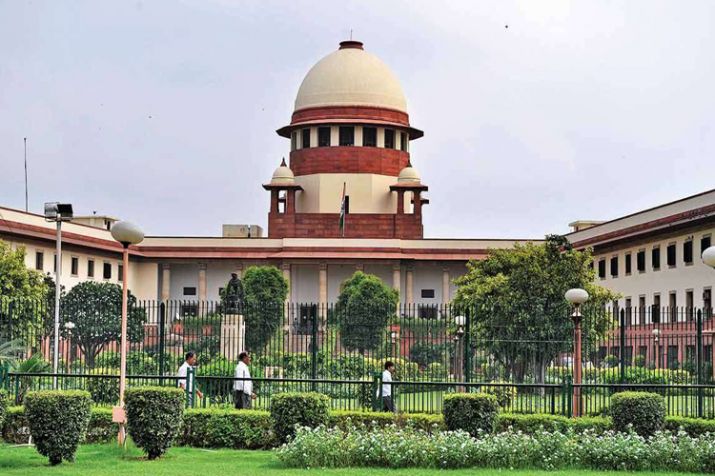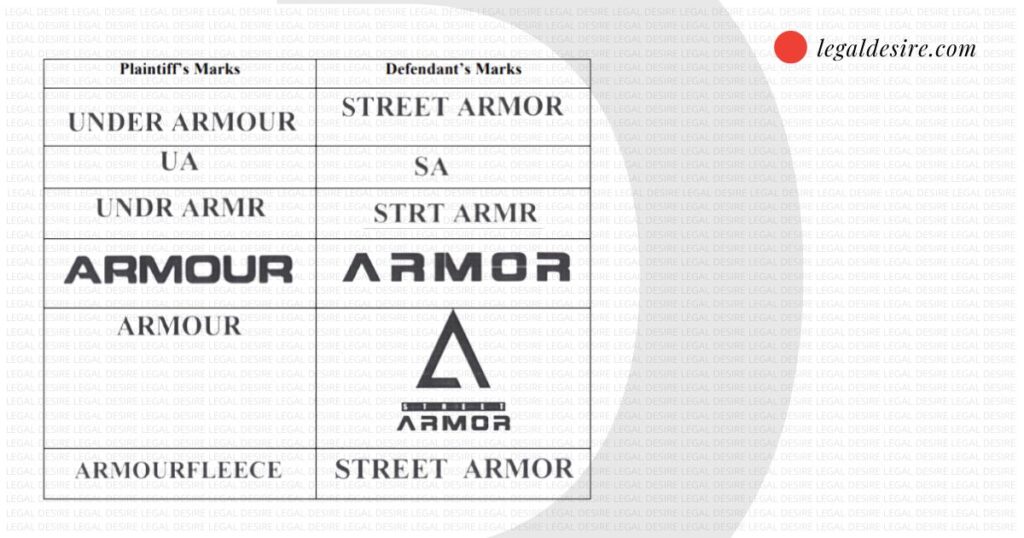Now Reading: SC: Section 80DD of the Income Tax Act, 1961 is not violative of fundamental Right to Equality
-
01
SC: Section 80DD of the Income Tax Act, 1961 is not violative of fundamental Right to Equality

SC: Section 80DD of the Income Tax Act, 1961 is not violative of fundamental Right to Equality
Hon’ble Supreme Court has disposed a writ petition in the form of Public Interest Litigation here on 03-01-2019 by stating that Section 80DD of the Income Tax Act, 1961 (hereinafter referred as IT Act) is not violative of the Article 14 of the Constitution.
The above decision was given in the case of Ravi Agrawal v. Union of India in which honourable court discussed the constitutionality of the Section 80DD of the IT Act.
BRIEF FACTS OF THE CASE
A writ petition was filed by Ravi Agrawal (Petitioner) in front of honorable Apex court in the form of Public Interest Litigation against the Union of India (Respondent No-1) and Life Insurance Corporation of India (Respondent No-2) in the interest of the handicapped children whose parents have taken Jeevan Aadhar Policy from Life Insurance Corporation of India for the livelihood of their children. As per this policy no benefits can be paid to dependent till the proposer/life assured survives. The policy was according to the Section 80DD of the IT act which deals with the payment of annuity of lump sum amount for the benefit of a dependent, being a person of disability in the event of the death of the individual in whose name the subscription has been made and according to the Circular No- CO/CRM/PS/622/23 dated Jan 24, 2008 issued by the Income Tax Department which provides that the amount will only be payable to the defendant on the demise of the proposer/life assured.
The petitioner submitted that by incorporating such a provision, the respondents are denying the benefit of the insurance to the handicapped persons to get annuity or lump sum amount during the lifetime of the parent/guardian of such a handicapped person, whereas the beneficiaries of other life insurance policy are getting annuity during the lifetime of the person who has taken insurance policy. This, according to the petitioner, violates the fundamental right of equality of the handicapped person enshrined in Article 14 of the Constitution.
Petitioner lodged a complaint before IRDA on 06 August,2014 and further to the court of the Chief Commissioner who advised CBDT to look into this matter but no action was taken. Then the petitioner lodged the grievance in the Prime Minister Office through Central Grievance Redressal and Monitoring System on Oct 15, 2015. After getting no response from Prime Minister Office, the petitioner filed this writ to check the constitutionality of the Sec 80DD of the IT act and to amend this section so that the lump sum amount can be given and the policy can also be amended.
DECISION OF THE SUPREME COURT
According to the Supreme Court Section 80DD is a provision made by the Parliament under the Act in order to give incentive to the persons whose dependents are persons with disability. The purpose of this section is to encourage these parents/guardians to make regular payments for the benefit of dependents with disability. In that sense, the Legislature, in its wisdom thought it appropriate to allow deductions in respect of such contribution made by the parent/guardian in the form of premium paid in respect of such insurance policies. The provisions of Section 80DD as well as from the explanatory memorandum of the Finance Bill, 1998, by which this provision was added, the purpose is to secure the future of the persons suffering from disability, namely, after the death of the parent/guardian. The presumption is that during his/her lifetime, the parent/guardian would take care of his/her handicapped child.
While dealing with the constitutionality of this section the apex court held that the respondents have been able to successfully demonstrate that the main provision is based on reasonable classification, which as a valid rational behind it and there is a specific objective sought to be achieved thereby. The policy was made as per the provisions of the act, thus cannot be nullified if the provision is not void. The court relied upon the concept of legislative mandate and declared that the Section 80DD is suitably amended. But court also pointed out that there could be harsh cases where handicapped persons may need the payment on annuity or lump sum basis even during the lifetime of their parents/guardians
The court held that the Section 80DD of the IT act is not violative of the right to equality guaranteed by the Constitution of India as per the concept of reasonable classification and thus disposed the writ petition urging Respondent No- 1 to re look and explore the possibility of making suitable amendments as pointed out by the court.
Read the full Judgement Here-
https://www.sci.gov.in/supremecourt/2016/40835/40835_2016_Judgement_03-Jan-2019.pdf







